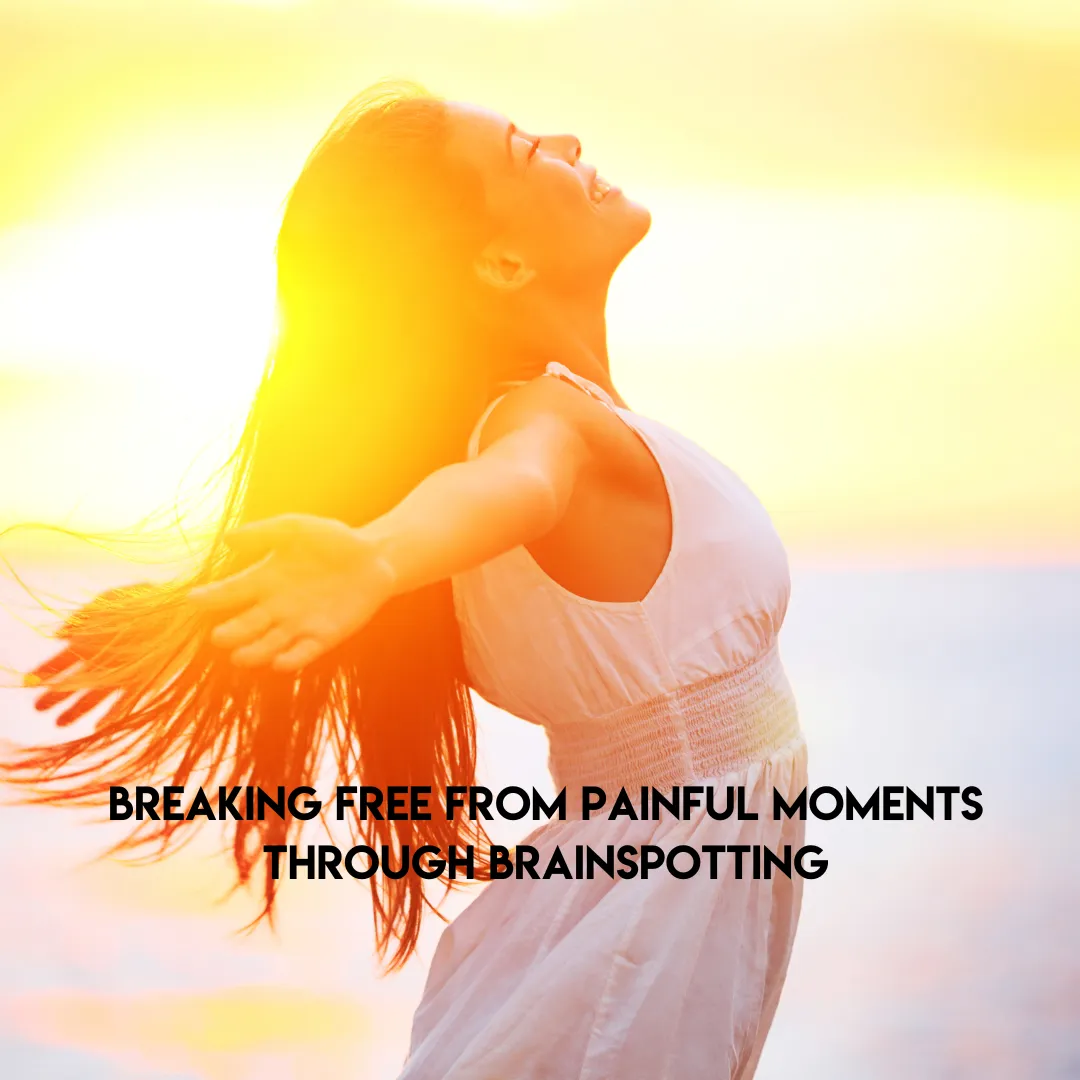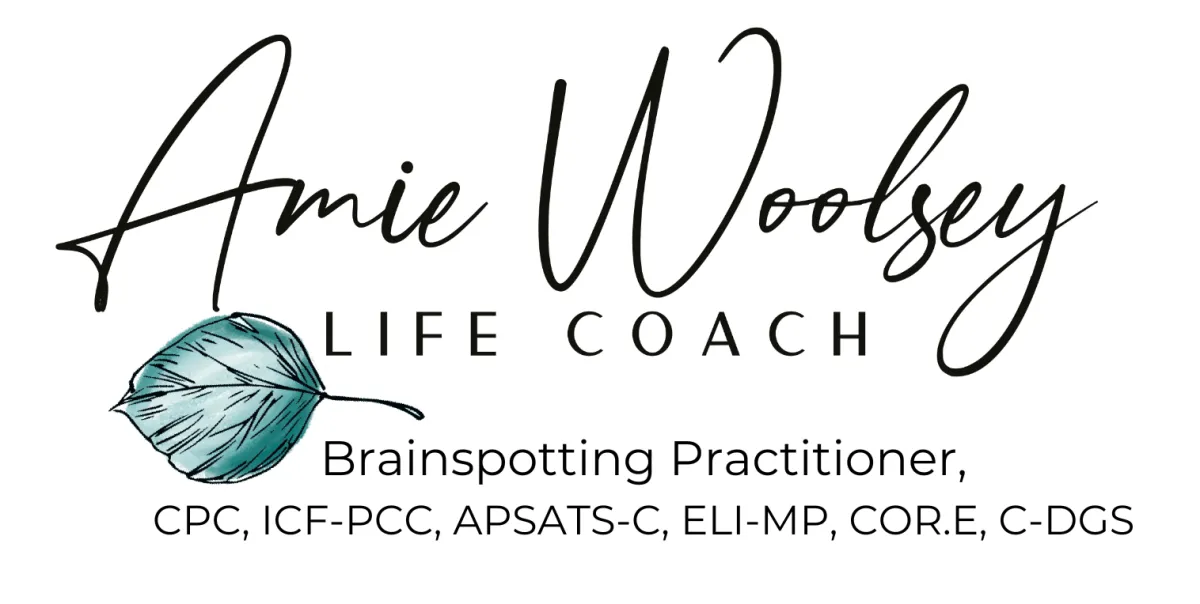
How Brainspotting Helps You Feel Safe Again After Abuse

Experiencing abuse—whether it’s through gaslighting, manipulation, deception, or emotional neglect—can tear at the very fabric of your being. It’s not just the pain of what happened; it’s the lingering uncertainty and confusion, the feeling of not being able to trust yourself or others. It’s the reality collapse, the fragmentation of everything you believed to be true. Abuse, in any form, can damage your sense of self and shake your foundation to the core.
And the hardest part? It doesn’t just go away with time. Abuse is often stored in the body—the trauma stays within the nervous system and in the deep, subconscious parts of the brain. But the good news is: healing is possible. You can feel safe again. And Brainspotting can help guide you back to that place of safety and trust.
I understand how daunting it can be to feel safe again after such deep wounds. As a practitioner who’s trained in Brainspotting, but also experienced the pain of betrayal and emotional trauma myself, I’ve seen the power of this modality in both my own healing and in the lives of my clients. Brainspotting isn’t just about addressing the mind—it’s about healing the body and the nervous system, too. And for trauma like abuse, that healing is essential.
Abuse and Its Impact: More Than Just Painful Memories
When we talk about abuse, we’re not just referring to physical harm. Abuse can take many forms—gaslighting, deception, lies, and hidden truths. These types of abuse often leave no physical marks, but the emotional damage can be profound. Gaslighting, for example, can make you doubt your own perception of reality, leaving you questioning your thoughts, memories, and feelings. This type of emotional manipulation erodes self-trust and creates a state of constant hypervigilance, where you are always on guard, trying to make sense of the confusion.
For many survivors, the pain is stored deeply in the subconscious. As you try to make sense of everything that’s happened, the trauma doesn’t just stay in your mind—it gets stored in your body as well. This is why healing must address the body and the nervous system, as well as the mind. Brainspotting helps you release trauma that’s been trapped in your body and brain, allowing you to begin to rebuild the trust you’ve lost in yourself and others.

How Brainspotting Helps Heal Abuse Trauma
Brainspotting is a somatic (body-based) therapy that works by tapping into the deep, emotional areas of the brain where trauma is stored. Dr. David Grand, the founder of Brainspotting, says, "Where you look affects how you feel." This simple but profound concept guides the process of accessing brainspots—specific points in the visual field that correlate to areas of trauma in the brain. By focusing on these brainspots, the brain can process and release trauma that’s held deep within, often in a way that traditional talk therapy can’t reach.
Here’s why Brainspotting is especially effective for those healing from abuse:
Releasing Trapped Trauma: Abuse, especially emotional manipulation, creates trauma that doesn’t just stay in the mind—it embeds itself in the nervous system and the body. Brainspotting helps to release that stored trauma, allowing your nervous system to return to a state of balance.
Processing Unconscious Pain: Often, trauma survivors aren’t fully conscious of all the pain and dissonance they’ve experienced. It’s buried deep within. Brainspotting allows you to safely access those unconscious memories and emotions, process them, and release them without overwhelming you.
Restoring Safety: One of the most important aspects of healing from abuse is restoring safety, both in your body and your mind. Abuse robs you of safety—you never know if you can trust someone, or if your instincts are right. Brainspotting works to reestablish a sense of safety by healing the deep emotional wounds that caused the confusion, hypervigilance, and anxiety.
Repairing the Nervous System: Abuse creates a dysregulated nervous system. You may feel constantly on edge, always anxious, or even numb. Brainspotting helps to re-regulate the nervous system, so you can feel calm, grounded, and present once again.
Why Having a Practitioner Who Understands Abuse and Trauma Matters
It can be incredibly validating and helpful to work with someone who has not only been trained in Brainspotting but also has a deep understanding of the emotional and psychological impact of abuse. A practitioner who is sensitive to the nuances of trauma—who understands what it’s like to question your own reality, to feel unsafe, to feel broken—can hold the space for you in a way that feels empathetic and healing.
I can speak from personal experience when I say that having a compassionate practitioner who understands both the method and the pain of abuse is incredibly important. It’s not just about using a technique—it’s about feeling understood, validated, and supported throughout the process.

The Healing Process: Moving Toward Safety
If you’ve been through abuse, the journey to feeling safe again may feel long and uncertain. But healing doesn’t have to be a lonely process. You don’t have to carry the weight of this trauma on your own forever. Brainspotting is a powerful tool that helps you process and release the trauma from abuse, allowing you to reconnect with your body, your mind, and your sense of safety.
You can heal. You can trust again—first, with yourself, and eventually, with others. And the first step is allowing yourself to process the trauma you’ve been carrying. Brainspotting offers a compassionate, non-invasive way to begin that journey.

A Personal Invitation
If you are ready to take the first step toward feeling safe again, I invite you to reach out for a Brainspotting consultation. Together, we can explore how this transformative modality can help you release the trauma of abuse, reconnect with your body, and begin the healing journey toward restoring safety in your life.
You deserve to feel safe again. Don’t carry the weight of abuse alone. Let’s work together to start your healing process today.
XO
Amie
Certified Brainspotting Practitioner, CPC, PCC, APSATS-CPC
_________________________________________________________________________________
MORE SUPPORT:
Believing In You Coaching Membership
Should I Stay Or GO; Self Paced Course
Intimacy WIthin; Self Paced Course

